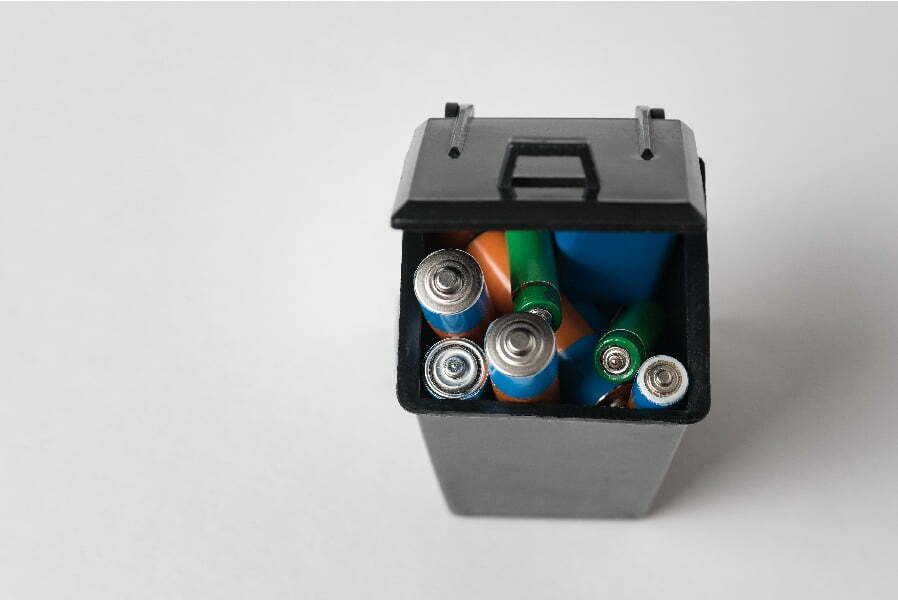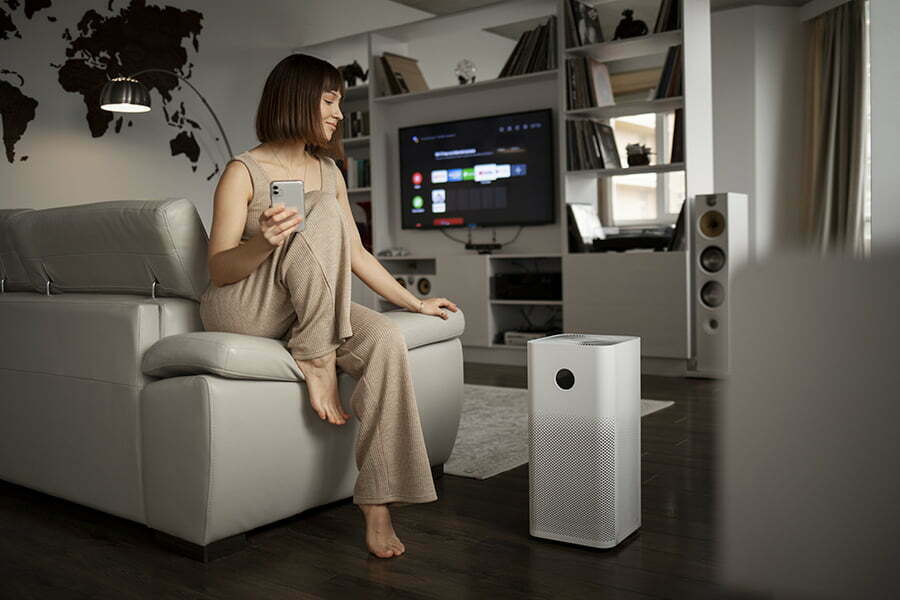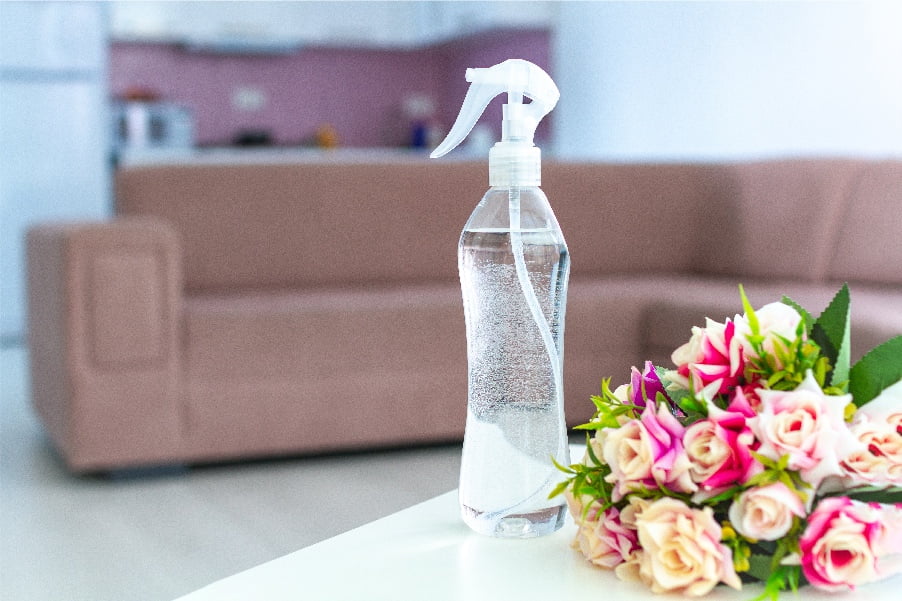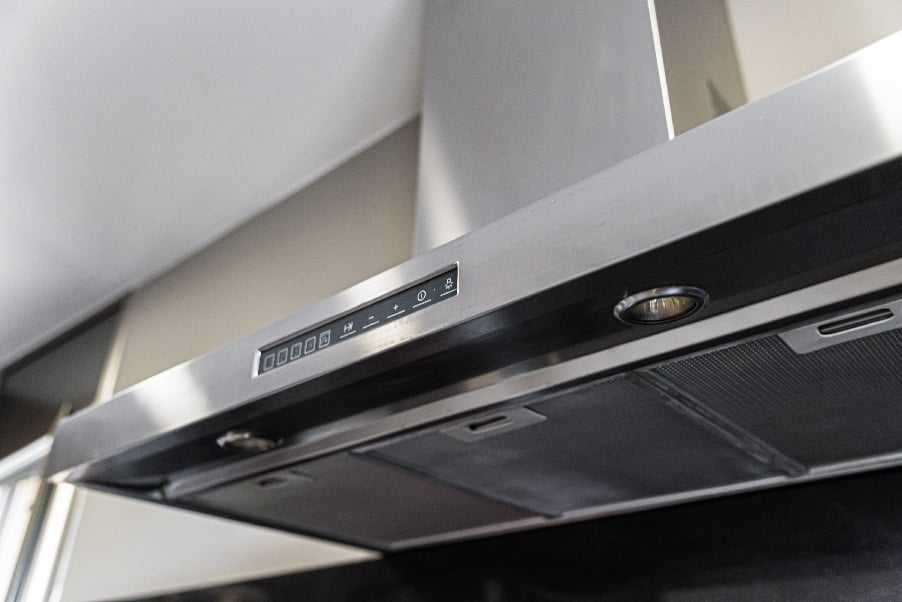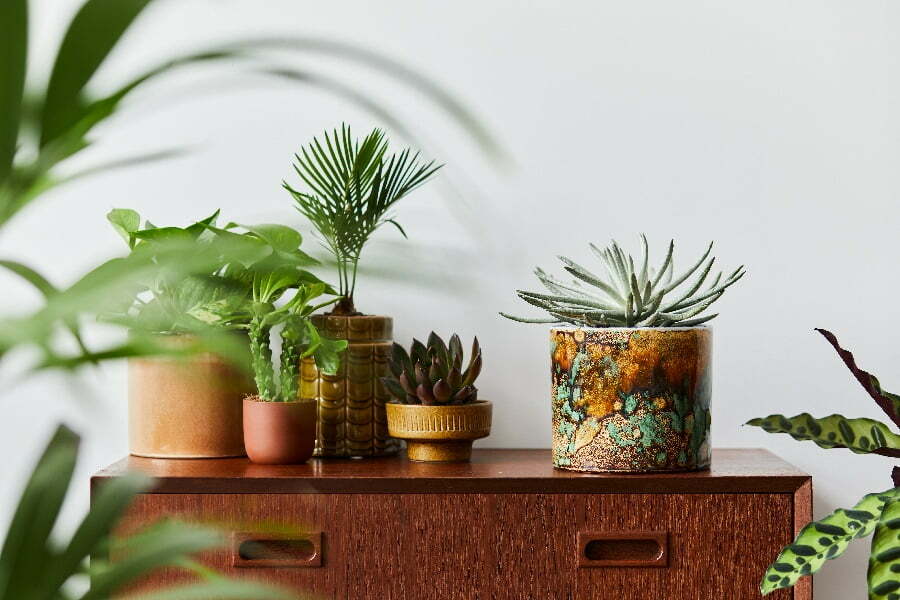Store food in airtight containers and refrigerate any food that needs to be kept cold. Make sure to check expiration dates and throw away any food that has gone bad.
Food storage is an important part of keeping your home healthy and safe. Not only can improper food storage lead to food spoilage and contamination, but it can also lead to indoor air pollution.
In this blog post, we’ll discuss the best practices for storing food in order to prevent indoor air pollution. We’ll cover topics such as proper temperature control, proper packaging, and other tips for keeping your home’s air clean.
Read on to learn more about how you can store food safely and reduce the risk of indoor air pollution!
Store Food in Airtight Containers
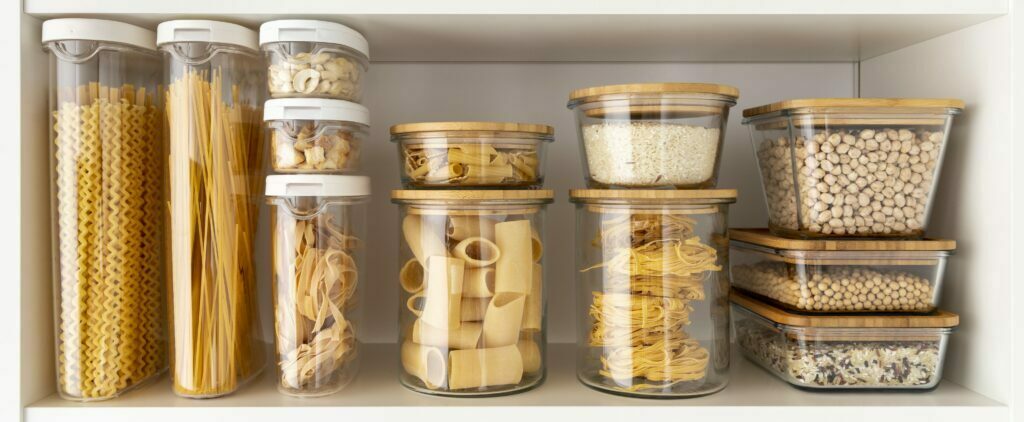
Airtight containers help keep food fresh and free from contaminants, such as dust, dirt, and other airborne particles. This helps reduce the amount of pollutants that can enter your home through the air.
These containers also help keep odors contained so they don’t spread throughout your house. To ensure that your food stays safe and uncontaminated, make sure to use high-quality storage containers with tight-fitting lids or seals.
It is also important to regularly clean out any old or expired food items from the container before adding new ones. Doing this will help you maintain a healthy indoor environment by reducing the risk of airborne pollutants entering your home through contaminated foods.
Keep Food Refrigerated or Frozen
Keeping food refrigerated or frozen is one way to ensure that it stays fresh and safe for consumption. Refrigeration slows down the growth of bacteria, mold, and other microorganisms that can cause spoilage and produce harmful toxins in the air.
Freezing also helps to preserve food by slowing down the growth of these organisms. When storing food in a refrigerator or freezer, make sure to keep it tightly sealed in containers or bags so that no moisture escapes into the air.
Be sure to regularly clean out your refrigerator and freezer to prevent any buildup of bacteria or mold spores from contaminating your stored foods.
Avoid Leaving Cooked Food Out for Too Long
This means that once food has been cooked, it should be stored in a sealed container or covered with plastic wrap as soon as possible. Doing this will help keep the air clean and free of bacteria and other contaminants that can cause health problems.
Any leftovers should be refrigerated within two hours of cooking so they do not spoil and create odors or attract pests. All containers used for storing food should be washed regularly to ensure they are free from bacteria and other contaminants.
By following these simple steps, you can help reduce indoor air pollution caused by improperly stored food.
Use Separate Cutting Boards for Raw and Cooked Foods
Raw foods, such as meat, poultry, and fish, can contain bacteria that can spread to other food items if they are cut on the same board. To avoid this risk of contamination, it is best to use one cutting board for raw foods and a different one for cooked or ready-to-eat items.
This will help prevent cross-contamination between the two types of food and reduce the risk of indoor air pollution caused by bacteria. It is important to clean all cutting boards thoroughly after each use with hot soapy water or a bleach solution to further reduce the risk of contamination.
Clean Up Spills Immediately
Spills can attract pests, such as rodents and insects, which can spread germs and bacteria that can contaminate the air. Food spills left on surfaces for long periods of time can produce mold or mildew, which releases spores into the air that are harmful when inhaled.
To avoid these issues, it is best to clean up any food spills right away using a damp cloth or paper towel. Make sure to dispose of the cloth or paper towel properly afterwards so that no contaminants are left behind.
Store Pet Food Properly
Pet food should be stored in a cool, dry place away from direct sunlight and moisture. It should also be kept in an airtight container to prevent the growth of bacteria and mold.
Pet food should not be stored near any other type of food or items that could contaminate it. Pet owners should check the expiration date on their pet’s food regularly to ensure that it is still safe for consumption.
By following these simple steps, pet owners can help reduce indoor air pollution caused by improper storage of pet food.
Dispose of Expired Foods Promptly
Expired food can release harmful chemicals into the air, which can cause health problems for those living in the home. To properly store food and prevent indoor air pollution, it is essential to check expiration dates on all food items before purchasing them and then discard any that have passed their expiration date as soon as possible.
It is important to keep an eye on any leftovers or perishable items that are stored in the refrigerator or pantry and throw away anything that has gone bad. By disposing of expired foods promptly, you can help reduce indoor air pollution and ensure a healthy environment for your family.
